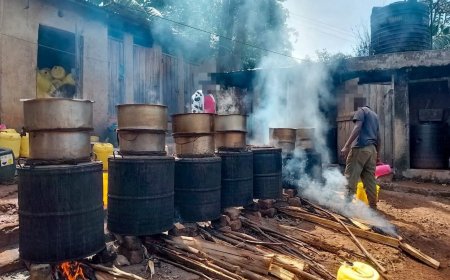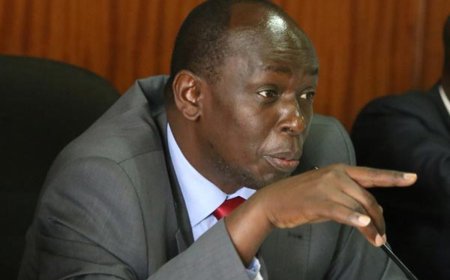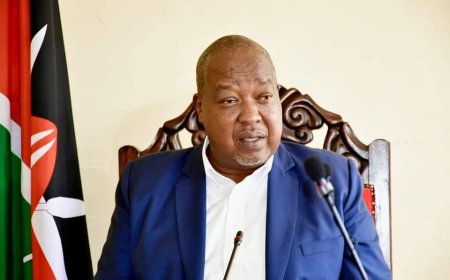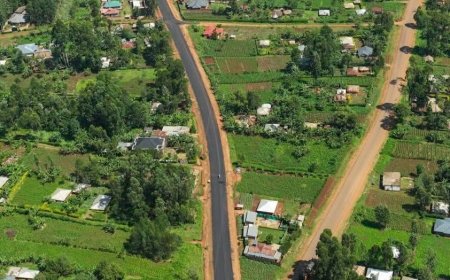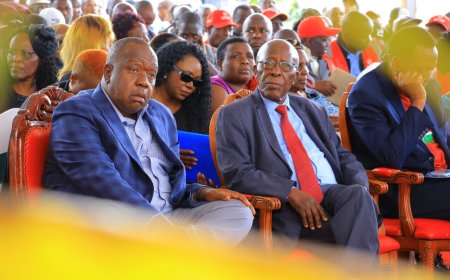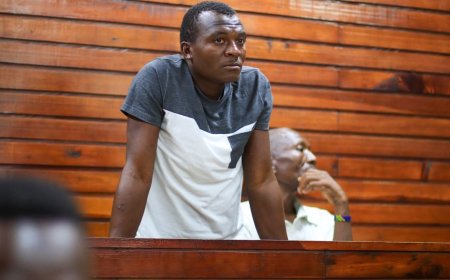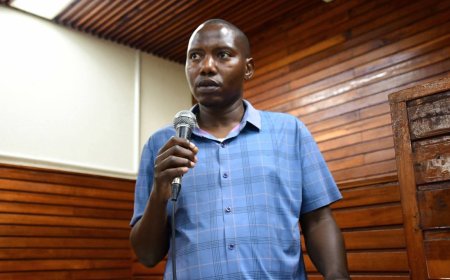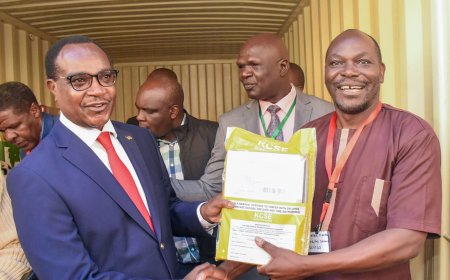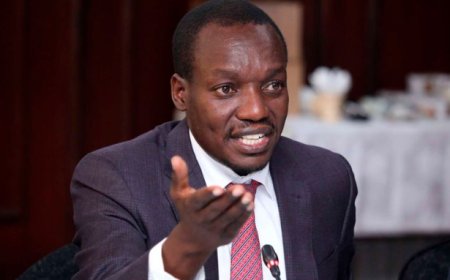Empowering women needs more than promises and paper
Although the Sh4.2 trillion budget has been praised for taking a more gender-sensitive approach, questions remain about how much of the allocated money will actually reach the women who need it most—especially those in rural areas and informal sectors.
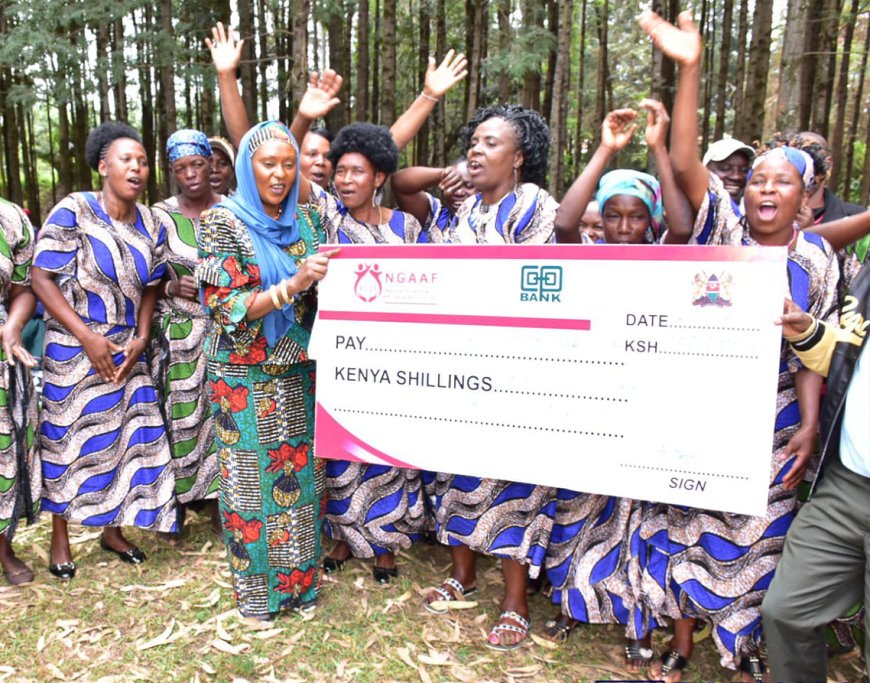
The 2025/26 national budget has made headlines for restoring funds to the National Government Affirmative Action Fund and allocating resources to women’s health and enterprise.
While these steps are commendable, gender experts and advocates warn that allocation alone is not enough to create meaningful change in the lives of Kenyan women.
Although the Sh4.2 trillion budget has been praised for taking a more gender-sensitive approach, questions remain about how much of the allocated money will actually reach the women who need it most—especially those in rural areas and informal sectors.
“It’s not just about how much money is set aside for women. It’s about how that money is used,” says Caroline Wanjiku, a gender policy analyst.
“We’ve seen time and again that funds are announced in budgets but either delayed, mismanaged, or stuck in bureaucracy.
The restoration of NGAAF came after widespread public criticism when earlier proposals suggested the fund would be slashed.
Women leaders and grassroots organizations mobilized to voice their concerns, stressing that NGAAF plays a critical role in empowering women at the county level through training, small grants, and community initiatives.
While the government’s reversal is a win, experts argue it only scratches the surface of what is truly needed. They point to lack of proper monitoring, corruption in procurement processes, and inadequate gender impact assessments in budgeting.
Additionally, no clear framework has been put in place to ensure the newly allocated resources for reproductive health and women’s enterprise development are equitably distributed.
Without transparency, there’s a risk that these programs may be hijacked by political interests or poorly implemented.
“There’s a lot of celebration now, but if you ask many women on the ground, they haven’t felt the impact of these so-called gender funds,” says Mercy Atieno, a community leader in Kisumu. “Empowerment isn’t about announcements. It’s about results.”
What's Your Reaction?
 Like
0
Like
0
 Dislike
0
Dislike
0
 Love
0
Love
0
 Funny
0
Funny
0
 Angry
0
Angry
0
 Sad
0
Sad
0
 Wow
0
Wow
0



